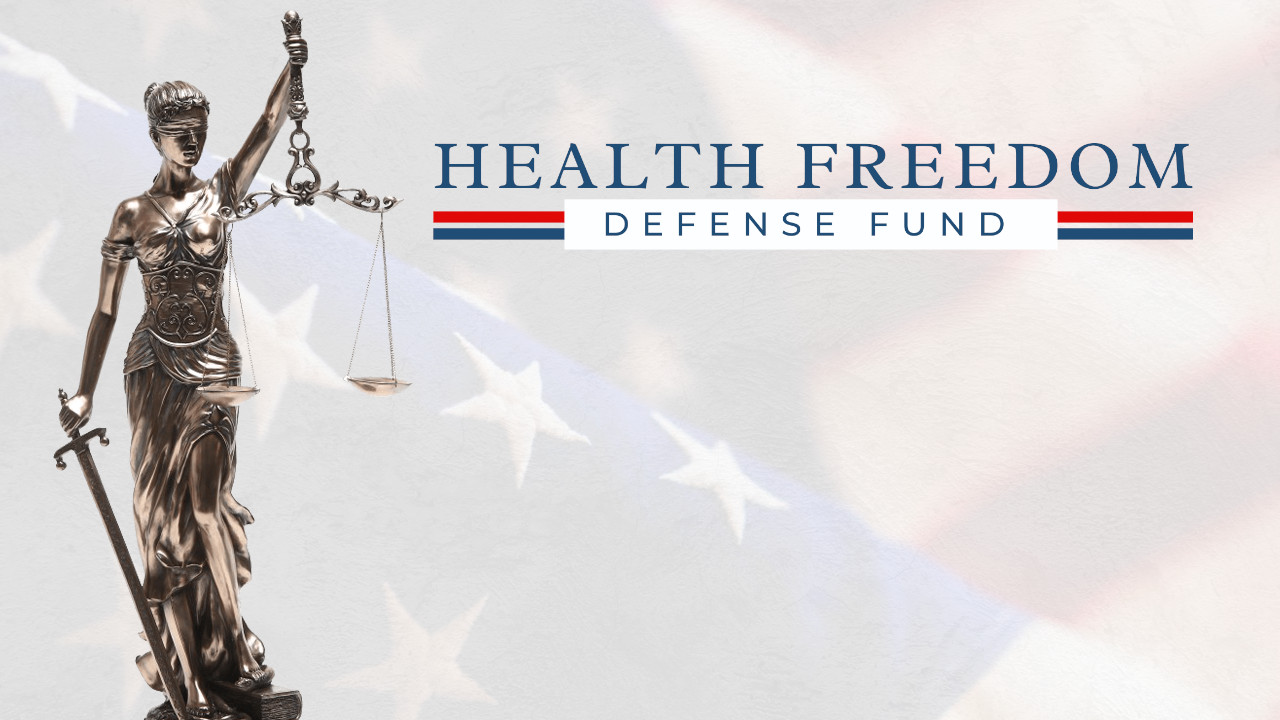
Health Freedom Defense Fund strongly opposes the recent insertion of shocking new language introduced into Section 453 of the House Appropriations Bill, which would have drastic and far-reaching impacts on states' rights, individual well-being, and public health. It infringes on the rights to due process, civil trial, and recourse for harms endured by Americans who are exposed to common chemical pesticides manufactured by foreign and domestic chemical companies.
Section 453 of the House Appropriations bill is a direct assault on the health of Americans, as it would nullify citizens' right to sue for compensation for harms from pesticides, known by the manufacturers to cause illness and early death. This is an exceptionally salient issue among farmers and farm workers who experience the most exposure to pesticides, but also gardeners, landscapers, and the millions of Americans who encounter these products frequently in their gardens, playgrounds, parks, food, and drinking water.
This language will also severely restrict states' rights to issue their own guidance or protections, or to require more comprehensive disclosure of the many harms of industrial pesticides and chemicals. Just as perniciously, it will create a broad incentive for an industry-wide "race to the bottom" in terms of product safety, as the result of these new rules.
Finally, in a move both contradictory and dishonest, the language simultaneously elevates the power of the flawed EPA by weakening states' abilities to issue their own warnings, and yet freezes in place all past EPA labeling for pesticides in perpetuity. In so doing it binds EPA's hands from further action or warning, conveniently for the chemical industry, now that a safety-minded and citizen-first approach is taking hold at many of the health agencies across the federal government.
In effect, Section 453 enshrines previous decades of undue industry influence at the EPA and the underplaying of risks that entailed. The language makes permanent the mistakes and limitations of previous administrations' handling of the agency, while nonetheless prohibiting the current administration (and the states) from merely issuing science-based warnings or guidance for the protection of consumers.
It is clear why the chemical industry supports this initiative to get rid of "failure to warn" lawsuits by injured users of these products—the language in Section 453, if passed, would serve to protect chemical companies from the thousands of increasingly successful lawsuits seeking compensation for personal harm that result from their products' incomplete safety disclosures and warnings. Chinese owned Syngenta and German-owned Bayer/Monsanto have paid out billions in individual and class action lawsuits in recent years due to the compelling link between their products and cancer, Parkinson's, and other deadly diseases. These lawsuits are far from frivolous.
The language in Section 453 flies directly in the face of the growing body of evidence showing the dangers inherent in these products, presented both in court rooms and peer reviewed research. New studies are published every day in the fields of endocrinology, oncology, and toxicology that paint an increasingly bleak picture of the dangers of these chemicals—and yet these new rules would explicitly block such data from translating into better policy or consumer information. For example, the pithy EPA assessment, that a pesticide like glyphosate is "not likely" to be carcinogenic, will be the only ruling allowed to be shared by the manufacturers or states, regardless of future findings by the NIH, academia, or private research.
By brazenly tying the current administration's hands to share critical safety information, and weakening consumers' and states' rights, this runs contrary to to goals of a healthier, better-informed citizenry, personal health freedom, and health policy innovation at the state level. The goal of being generally friendly to business should not override the health of our neighbors, nor the legitimate rights of the states themselves.
To the extent that Republican lawmakers on the Committee believe in states' rights, and agree that the Make America Health Again (MAHA) movement is a worthy cause, HFDF strongly urges representatives to remove Section 453 entirely. This language destroys personal rights to due process and civil proceedings for injuries, protected in the Fifth and Seventh Amendments, all while allowing industry to hide behind the rulings of the corrupted EPA of years past.
This approach, to sacrifice state oversight at the altar of the EPA, has been shopped around to many state legislatures by lobbyists in recent months, but has only succeeded in two states so far. The House of Representatives should not follow those examples, replicating the bizarre spectacle seen in Georgia and North Dakota, wherein proud states suddenly surrendered all oversight to the EPA on this topic of immense importance to their citizens' health, while dubiously claiming this change is merely to keep the food system running efficiently.
Across America, these farmers, land owners, agricultural workers, and their families form the backbone of our food system. There is a cruel dishonesty to claim these measures are for the farmers' convenience, all while removing the right for those very people to sue for negligent or known harm when they or their families fall ill from the known but undisclosed dangers of these products, as they are commonly used.














